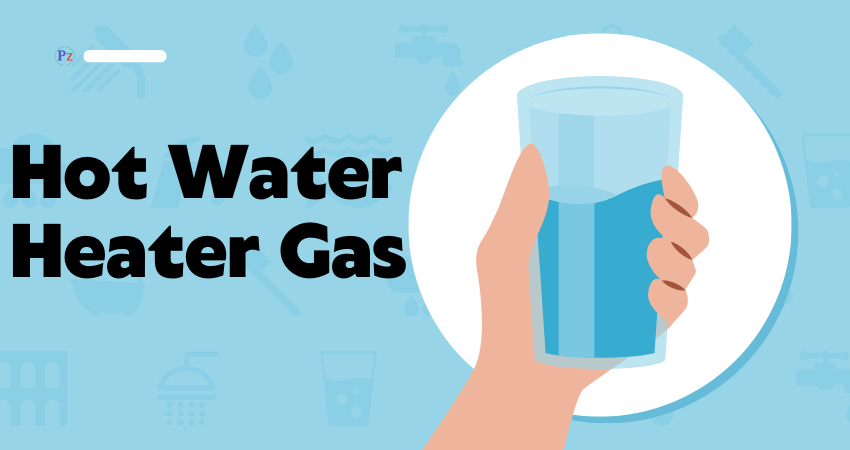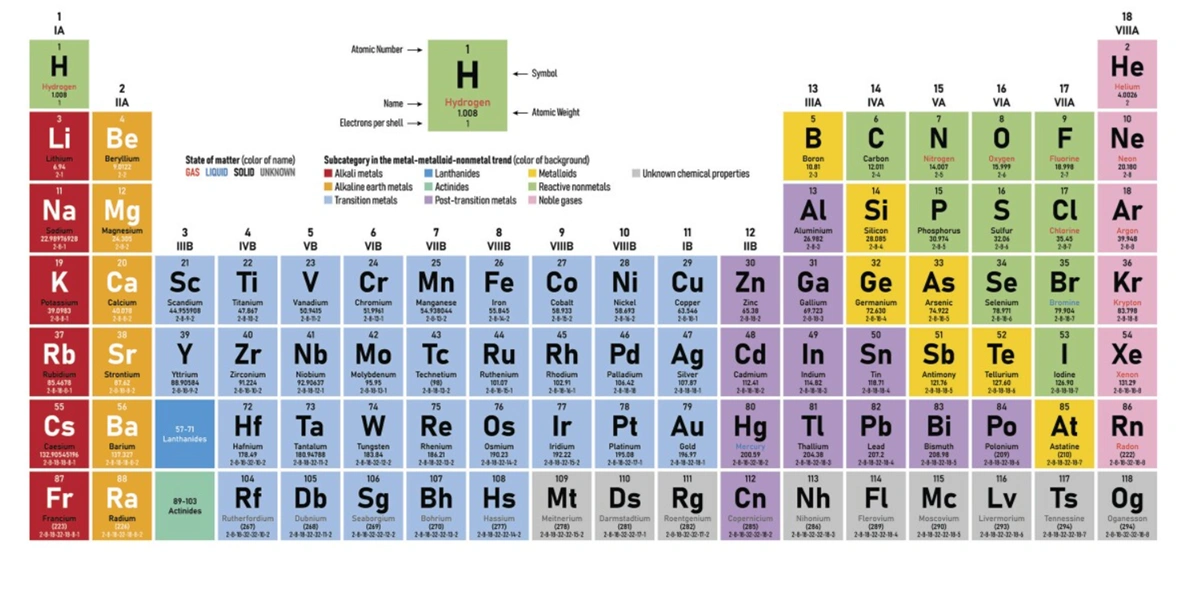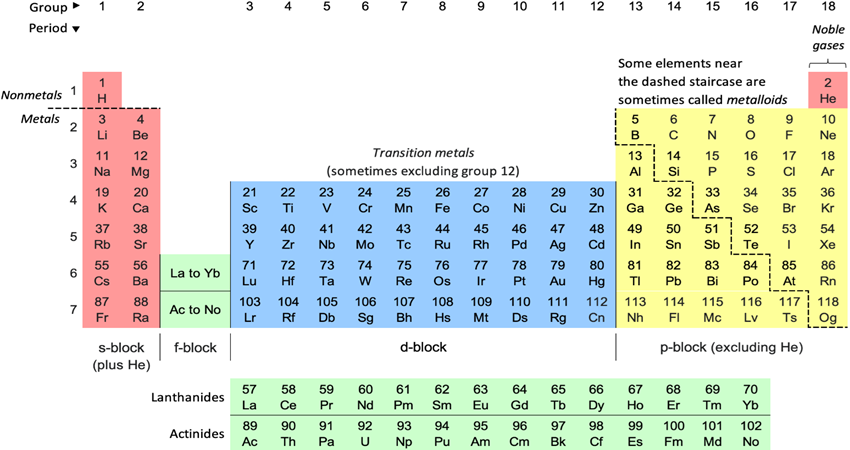When buying a gas water heater, several factors should be considered to ensure you get the right one for your needs.
Here are the key points:

1. Size and Capacity
- Tank Size: Determine the amount of hot water your household needs. For smaller families (1-2 people), a 30-40 gallon tank may suffice. Larger families (4+ people) may require 50-80 gallons.
- Flow Rate: For tankless gas water heaters, consider the flow rate (gallons per minute, GPM) required to meet the simultaneous usage demands of your home.
2. Energy Efficiency
- Energy Factor (EF): Check the energy efficiency rating. Gas heaters with a higher EF are more efficient, reducing operating costs in the long run.
- Energy Star Certification: Look for Energy Star models that meet specific efficiency criteria set by the EPA.
3. Type of Gas Heater
- Storage Tank: Heats and stores water in a tank, delivering it when needed.
- Tankless (On-Demand): Heats water only when you need it, potentially saving on energy costs.
- Condensing: Recycles heat from exhaust gases, making it more efficient than conventional gas heaters.
4. Fuel Type
- Natural Gas vs. Propane: Most gas water heaters use natural gas, but some may use propane. Ensure the type matches what’s available in your home.
5. Installation and Venting Requirements
- Venting System: Gas water heaters require proper ventilation to expel harmful gases. Ensure the unit fits your home’s venting system (direct vent, power vent, or atmospheric vent).
- Installation Space: Consider the available space where the heater will be installed. Some units may need extra clearance or special configurations for venting.
6. Recovery Rate
- This refers to how quickly the heater can heat water after the tank has been depleted. A higher recovery rate ensures faster access to hot water during high-demand periods.
7. Cost
- Upfront Costs: Compare the initial cost of the heater, including installation fees.
- Operating Costs: Consider energy consumption and fuel prices to estimate ongoing costs.
8. Lifespan and Warranty
- Expected Lifespan: Gas water heaters typically last 8-12 years. Tankless options may last 20 years or more.
- Warranty: Review the warranty terms for both the unit and parts. A longer warranty often reflects higher product reliability.
9.Safety Features
- Auto Shut-off: This feature automatically turns off the gas supply in case of a malfunction.
- Temperature Control: Look for units with easy-to-use temperature settings to avoid scalding.
10. Local Building Codes
- Ensure the model complies with local building regulations and safety standards. Some areas may have specific requirements for venting, efficiency, or installation.
By considering these factors, you’ll be better equipped to choose a gas water heater that meets your household needs efficiently and safely.
Can i use a Plastic Gas Container for Drinking Water
No, you should not use a plastic gas container for drinking water. Gas containers are made from materials designed to handle gasoline, which can leave harmful chemical residues. These chemicals can contaminate the water, making it unsafe to drink. It’s important to use containers specifically designed for food or water storage to ensure safety.
| Read More Topics |
| Is anodized aluminum or anodized steel cheaper |
| How to make electrochemical etching stencils |
| Alphabetically first gas on the periodic table |





